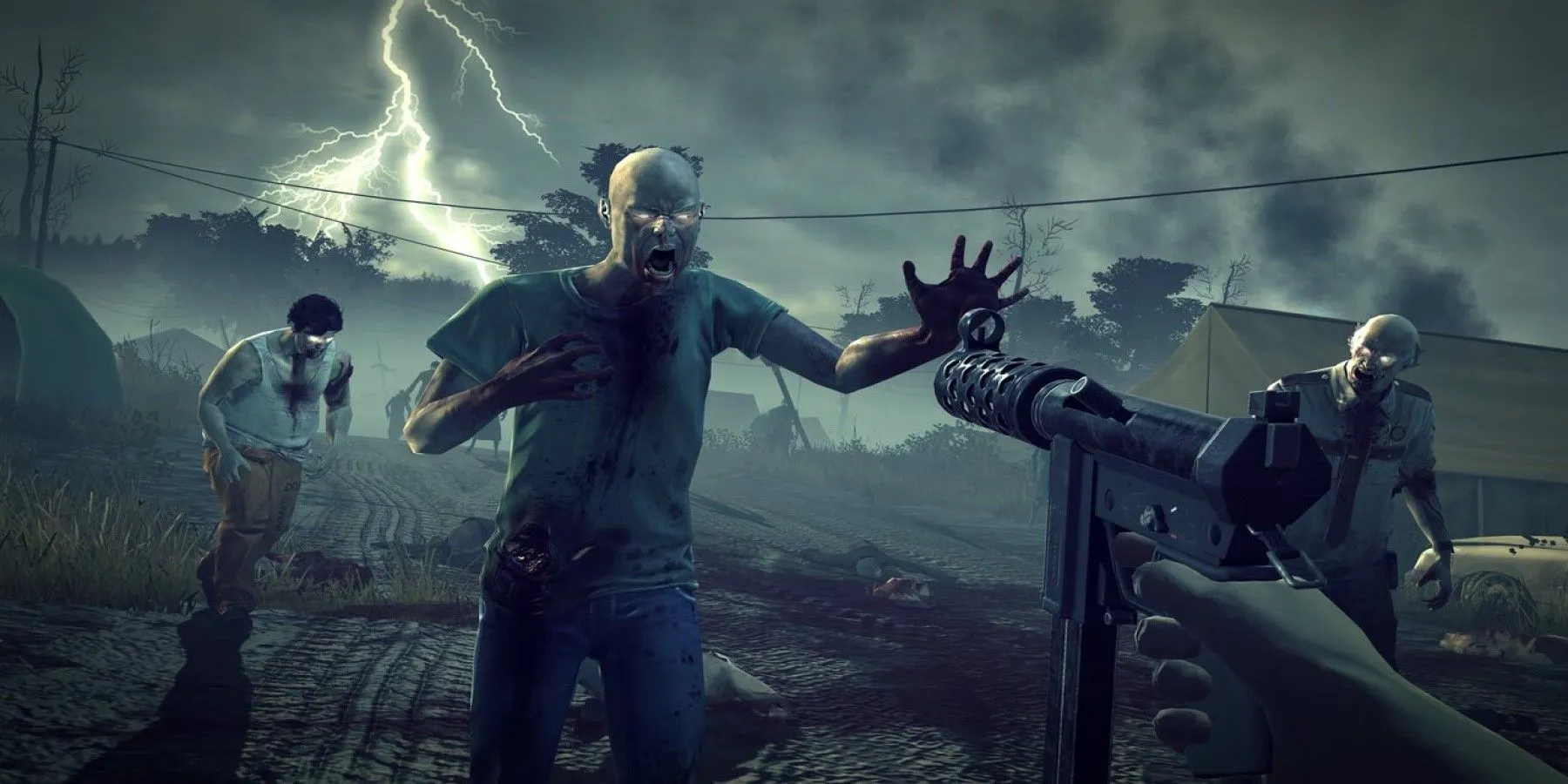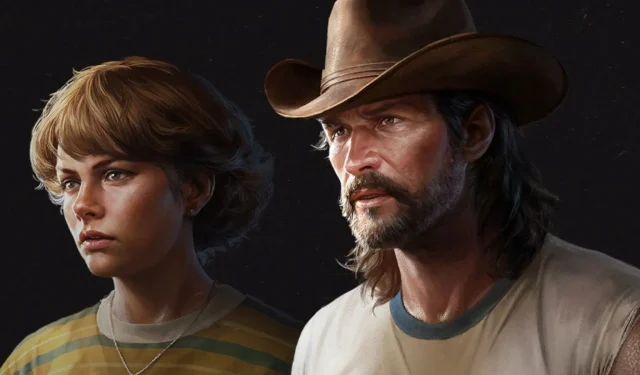In the immersive world of Into the Dead: Our Darkest Days, each character is defined by unique personalities and traits that set them apart from fellow survivors. While some traits offer beneficial abilities, others can pose challenges for players navigating this post-apocalyptic landscape.
At the beginning of each game, players are tasked with selecting a duo of starting survivors. This initial choice serves as an introduction to the game’s intricate trait system. Although these pairs may have negative traits, their complementary skills can enhance gameplay. Effectively managing these positive and negative traits is essential for survival, particularly when determining which survivors to deploy on resource-gathering missions or assigning the most effective weapons.
Comprehensive Overview of Traits in Into the Dead: Our Darkest Days

Every survivor possesses a trio of traits that dictate their capabilities and behaviors throughout the game. Below is a detailed list of each trait along with its specific effects:
|
Trait |
Description |
|---|---|
|
Will to Live |
Significantly boosts melee damage when health is low. |
|
Determined |
Resists morale loss from unmet needs. |
|
Non-Drinker |
Cannot consume alcoholic items. |
|
Thrill Seeker |
Receives a morale boost from sustaining damage. |
|
Moonshiner |
Capable of crafting crude moonshine using the cooking area. |
|
Restless |
Experiences morale loss when remaining in the shelter for an extended phase. |
|
Iron Stomach |
Able to consume any food without adverse effects. |
|
Whittler |
Reduces the crafting cost of melee weapons. |
|
Bad Cook |
Only capable of preparing basic ‘slop’ at the cooking station. |
|
Tough |
Receives less damage during combat encounters. |
|
Slugger |
Delivers increased damage with melee weapons. |
|
Voracious |
Experiences a greater hunger loss each game phase. |
|
Gunsmith |
Crafts ranged weapons at a lower resource cost. |
|
Marksman |
Deals increased damage while using firearms. |
|
Jaded |
Morale recuperation is slower compared to other survivors. |
|
Untiring |
Rest depletion occurs at a slower rate. |
|
Optimist |
Gains a small morale boost passively each phase. |
|
Poor Craftsperson |
Less effective barricade repairs. |
|
Gearhead |
Gains additional components from dismantling items. |
|
Fortifier |
Repairing barricades requires fewer resources. |
|
Insomniac |
Faster depletion of rest during phases. |
|
Evasive |
Possesses a slight chance to avoid damage in combat. |
|
Escape Artist |
Generates a greater number of lockpicks while crafting. |
|
Lightweight |
Limited backpack capacity. |
|
First Aid Training |
Allows crafting of more medical items for the same resource cost. |
|
Good Cook |
Recipes yield a higher food output at the cooking station. |
|
Pacifist |
Reduced damage output in attacks. |
|
Blade Expert |
Increased damage with bladed weapons. |
|
Sneaky |
Produces less noise when scavenging. |
|
Haunted |
May trigger a trauma state with attacks from undead enemies. |
It’s important to note that traits in Into the Dead: Our Darkest Days are permanent, meaning players must strategically adapt to the strengths and weaknesses of their selected survivors. In a challenging game environment where resources are limited and character mortality is a constant risk, making tough decisions about the needs of less capable survivors can be vital. Such strategic choices, alongside unpredictable resource spawns, can significantly influence the outcome of your gameplay experience.


